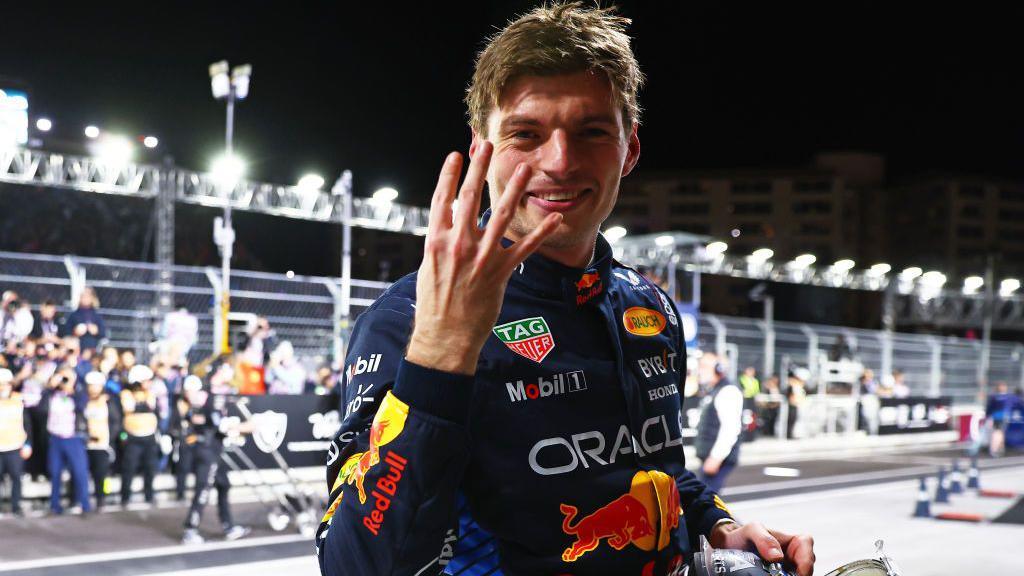 Image source, Getty Images
Image source, Getty Images
Laurent Mekies, the man Red Bull have chosen to replace Christian Horner to run their Formula 1 team, has a lot on his plate.
Job number one is to keep hold of Max Verstappen.
How realistic is that? Does Horner's departure make that more likely, or are concerns over the car's performance and the make-up of the team still a major issue?
And what approach might Mekies take to his new role, the job of stabilising Red Bull and trying to keep Verstappen?
Here, we analyse all that in what will continue to be one of the biggest stories of the season.
It's Verstappen's big decision
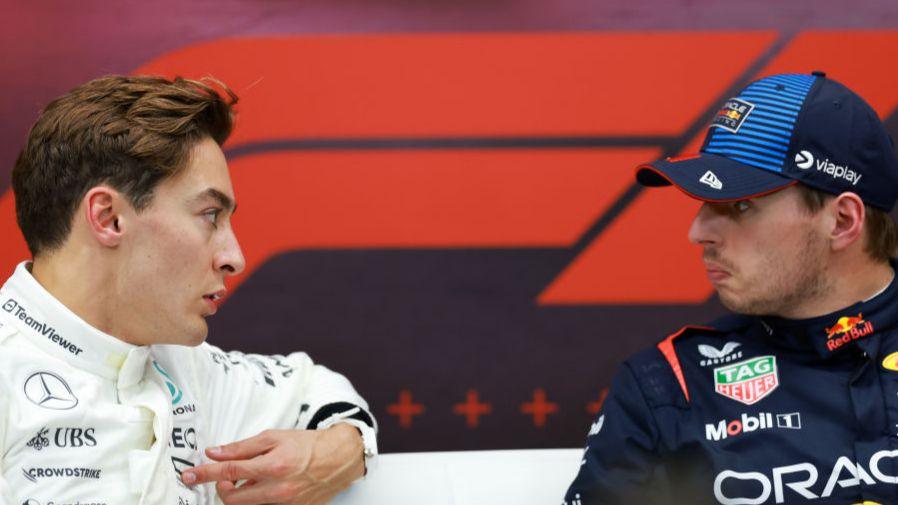 Image source, Getty Images
Image source, Getty Images
George Russell, left, lifted the lid on Mercedes' talks with Max Verstappen over his seat ahead of the Austrian Grand Prix last month
The four-time world champion has a big decision to make.
Verstappen has a contract with Red Bull until 2028, but he is being courted by Mercedes. His camp believe there are ways he can get out of his existing commitment if that is what he chooses to do.
It remains to be seen whether Red Bull's decision to "remove Horner from his operational duties" was a play to try to satisfy Verstappen and persuade him to stay with the team. And if it was, it also remains to be seen whether it will work.
But Horner's departure does remove one point of tension around Verstappen.
The Dutchman was uncomfortable about the sexual harassment allegations made against Horner by a female employee last year - and of which Horner was twice cleared by internal investigations.
Verstappen did not want chief technical officer Adrian Newey to leave the team. And he certainly does not enjoy the media scrutiny that has surrounded Red Bull as a consequence of all the issues of the past 18 months.
Despite that, there was no obvious issue on a personal level between Horner and Verstappen. But there was between Horner and Verstappen's father.
Former F1 driver Jos Verstappen is a powerful personality, who has played a central role in his son's career. He has largely kept his counsel in public this year, but last year he said in the wake of the allegations against Horner that the team would fall apart if the boss remained in place.
As last year unfolded, and a series of senior figures began to leave, starting with Newey, Verstappen's remarks appeared prescient. His view had not changed up to the point Horner was dismissed, but Horner's departure changes things considerably.
Max is his own man and will come to his own conclusion. But while he is making his mind up, he at least knows now that his dad does not hate his team boss.
Will the car be fast enough?
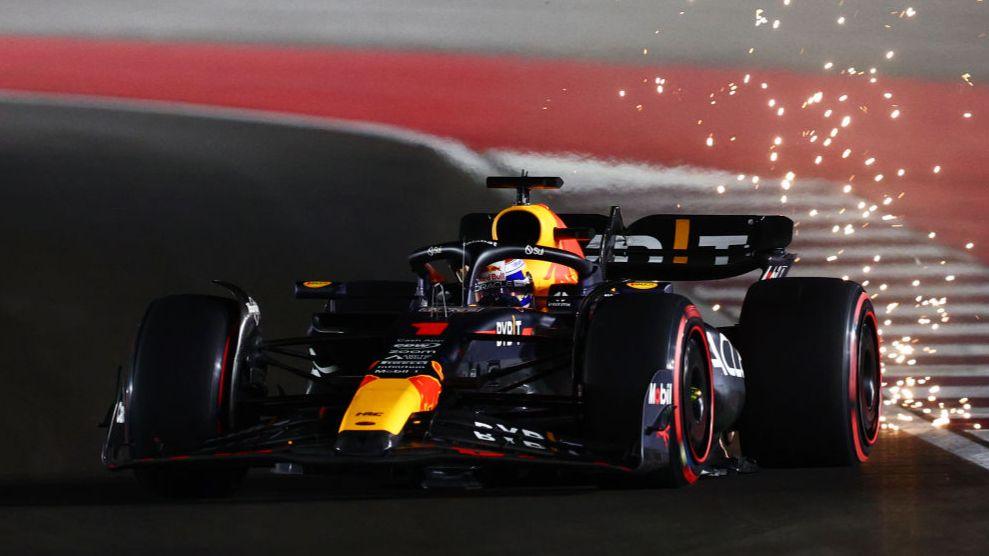 Image source, Getty Images
Image source, Getty Images
Verstappen started the 2024 season with four wins in the first five races but has won only four of his latest 26 outings as Red Bull have struggled to match McLaren
There are other, even more important, questions with which Verstappen has to be at peace, though, and they revolve around performance.
Red Bull have fallen a long way from the dominant form they showed through 2022, 2023 and the first few races of 2024.
McLaren are now the leading force in F1. On average, Red Bull still have the second fastest car in qualifying this year, but Verstappen has been unhappy with it for some time.
He has been complaining about poor balance. In qualifying, he is still able to make it more or less competitive on certain types of track. He has four pole positions this year, all at high-speed circuits, including at Silverstone last weekend. That's as many as McLaren's championship leader Oscar Piastri.
But in races the Red Bull is rarely able to compete with the McLaren.
The competitive tables in F1 turned at the Miami Grand Prix last season, some 14 months ago. That was Newey's last race on the Red Bull pit wall, and it was the weekend McLaren produced a major upgrade to their car that changed the landscape.
Lando Norris scored his maiden victory in Miami that weekend. Verstappen kept winning for a while but, by the middle of last season, the McLaren was the car to beat. They made a lot of progress over last winter, and have been even further ahead this season.
Red Bull nailed the current regulations when they were introduced in 2022, and started a period of domination, but now they have been left behind.
That leads to obvious questions about the Red Bull technical department now that Newey has gone.
On one level, it could be argued that the new rules being introduced next year give Red Bull a chance to reset.
On another, if a team are lagging behind competitively under the current rules, there is at least a reasonable possibility they will continue to do so under the next ones.
Then there is the question of the new engines being introduced for 2026. These increase the proportion of total power provided by the electrical part of the engine to about 50%.
Red Bull are producing their own engine, in their new in-house engine facility, with help from Ford. The word on the street in F1 is that Mercedes are further ahead with this new power-unit than Red Bull. No-one can know for sure until next year starts, but the Verstappens have their ear to the ground and are concerned.
Max Verstappen does not have to choose to leave, of course. Rather than gamble, he might wait and see how the competitive landscape looks next year. But if he is already convinced Red Bull will not be capable of winning races, he might not consider leaving much of a risk.
Will Red Bull reset second driver strategy?
The problems with Red Bull's car extend beyond Verstappen's inability to regularly win races. Their second driver is nowhere at the moment.
Since Daniel Ricciardo left at the end of 2018, not one of Verstappen's team-mates has been able to get anywhere near him.
That speaks to his incredible ability, but also to the way Red Bull's car has developed.
Teams don't design cars for specific drivers. But once they have produced what they believe is the fastest car they can, they then develop it based on data and driver feedback.
Verstappen likes a car with a sharp turn-in, and he's happy to live with a bit of rear instability that often comes with that because he has the ability to control it. His team-mates, lacking his extraordinary skills, do not - at least not to the same extent. So they end up in a downward spiral.
For Red Bull, that was fine while the car was competitive. It might mean they lost out on the constructors' championship, depending on their margin to their rivals, but they would win the drivers' because of Verstappen's ability.
Now, though, they have a car with which Verstappen can't win, which he does not like, and his team-mates still can't drive it.
Listening to Verstappen's radio exchanges with the team gives an insight into the problem. One minute he's complaining about oversteer, another about understeer. It suggests a car with aerodynamics that are not consistent or predictable. As he has often said, it's hard to get the car "into the window", where good balance gives the optimum tyre performance.
It's no good having massive peak downforce numbers if the aerodynamics don't stay stable, so the driver lacks the confidence to take the car to the limit.
Yuki Tsunoda this year is often no faster than the drivers in Red Bull's second team Racing Bulls, from which he was promoted as a result of Liam Lawson's struggles in the first two races of this season.
That does not mean the Red Bull is not a faster car than the Racing Bull. It means that its limits are accessible only to a driver of Verstappen's level, or close to it. Which Tsunoda is not. And its limits anyway are not high enough.
This lack of competitiveness was one of the ingredients in the mix that led to Horner's departure.
Introducing a new team boss, with a new outlook, is an opportunity for Red Bull to have a reset on the philosophy with which they approach their design. And perhaps also on how they view the level of second driver they need.
Mekies' different character 'will change Red Bull image'
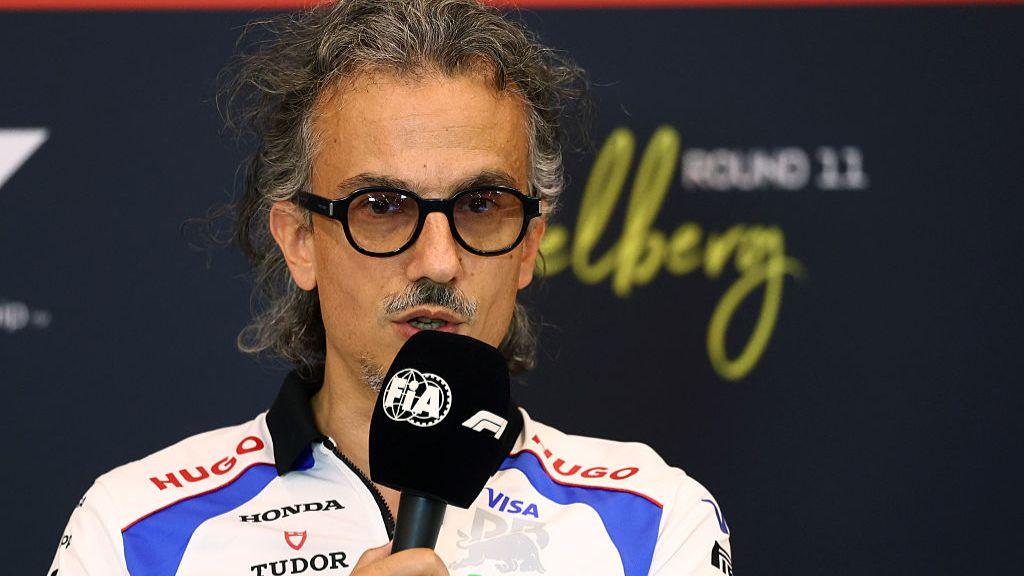 Image source, Getty Images
Image source, Getty Images
Mekies has more that 20 years of experience in F1
Mekies is a very different character from Horner. An engineer by trade, rather than a racing driver who did not have what it takes to make it to F1, the 48-year-old Frenchman does not chase the limelight and is not adversarial.
Inevitably, that means that the public image of Red Bull will change, because the man charged with delivering it will not be doing so in the same way as his predecessor.
He comes to Red Bull with wide-ranging experience in F1.
He spent 14 years as an engineer first for the now defunct Arrows team, then Red Bull's junior team before joining governing body the FIA in 2014. He became deputy race director under the late Charlie Whiting, before moving to Ferrari in 2018, where he eventually became deputy team principal under Mattia Binotto.
He went back to Red Bull's second team for the 2024 season as team principal. He is succeeded in that position by Alan Permane, who joined as racing director at the same time as Mekies, after 36 years with the Enstone team through its various guises as Benetton, Renault, Lotus, Renault and Alpine.
Beyond keeping hold of Verstappen and resolving whatever is going wrong in the design department, Mekies needs to find a way to re-stabilise Red Bull after a period of immense change, and to stop the brain drain.
Even before Newey departed, Rob Marshall - a key design engineer for many years - left to join McLaren for the start of 2024.
And not only has Newey gone in the past year or so, but so has long-time sporting director Jonathan Wheatley, now team principal at Sauber/Audi.
Head of strategy Will Courtenay has signed to become McLaren's sporting director. Horner was blocking the move - almost certainly because of his fractious personal relationship with McLaren Racing chief executive officer Zak Brown.
Will Mekies take a different approach? After all, it seems odd to have someone running your strategy on the pit wall who is already committed to working for your main rival, however professional he is.
Red Bull had become a difficult environment in many ways. Because of all the issues surrounding Horner, there was a paranoia about the place. People spotted talking to journalists were quizzed as to what they had told them.
Horner's departure should mean that concern goes away.
That alone would be a step in the right direction. But Mekies has many more steps to take to get Red Bull back to their best.

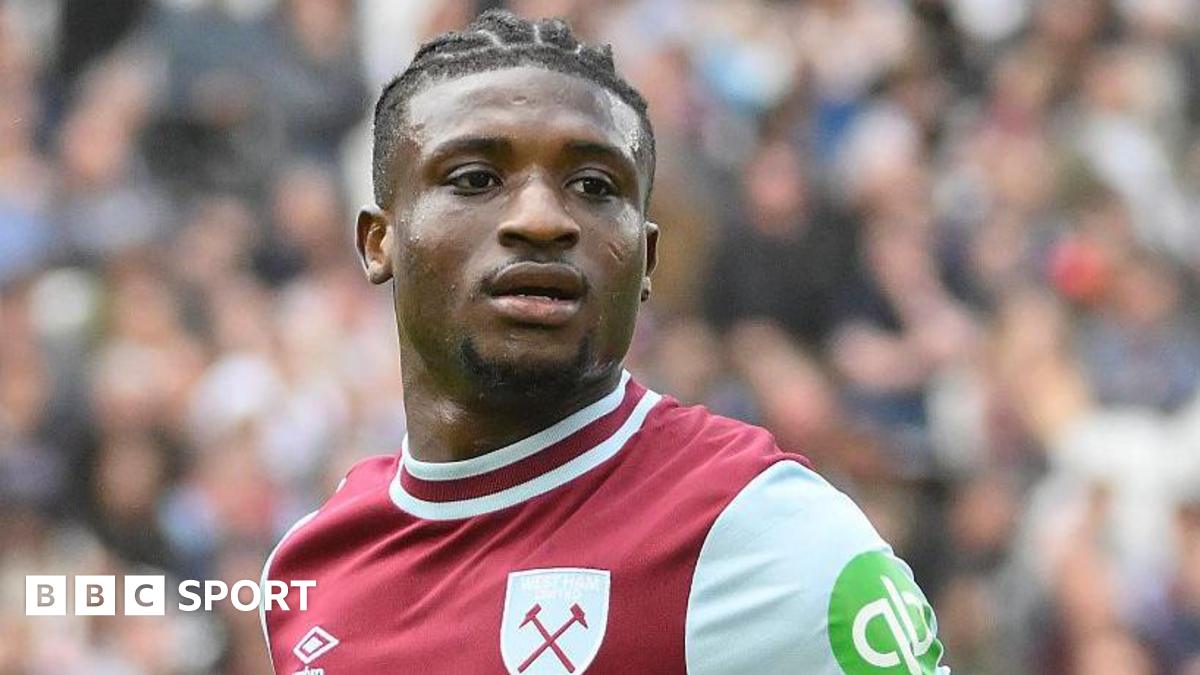
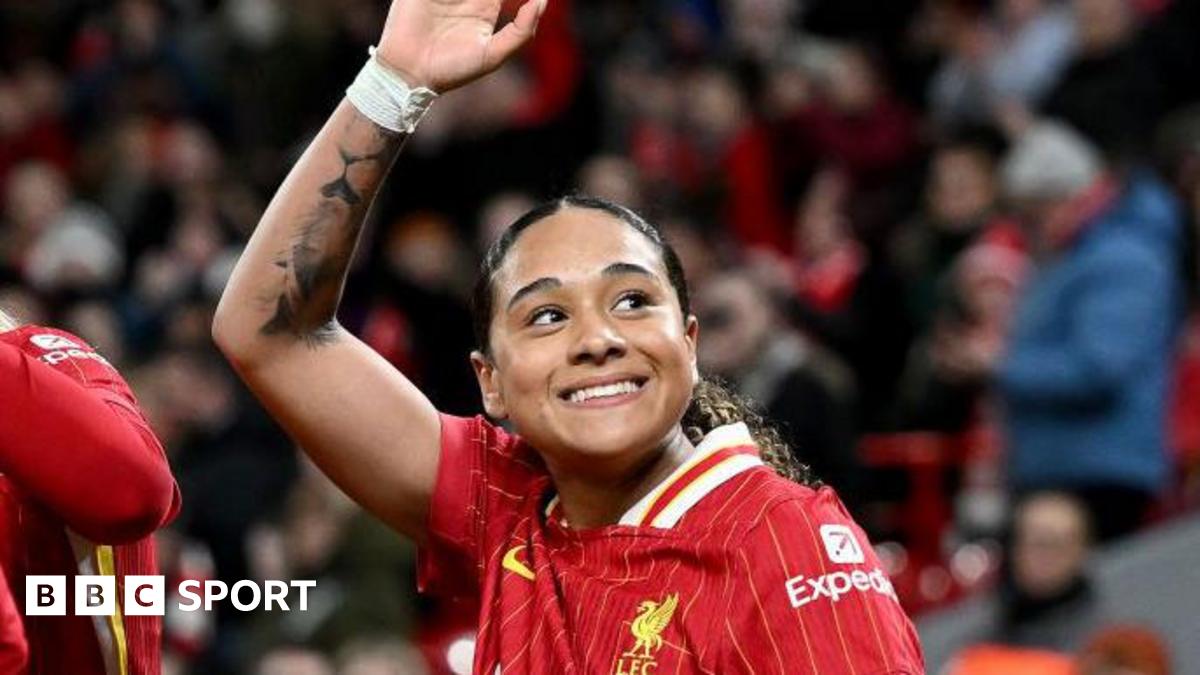
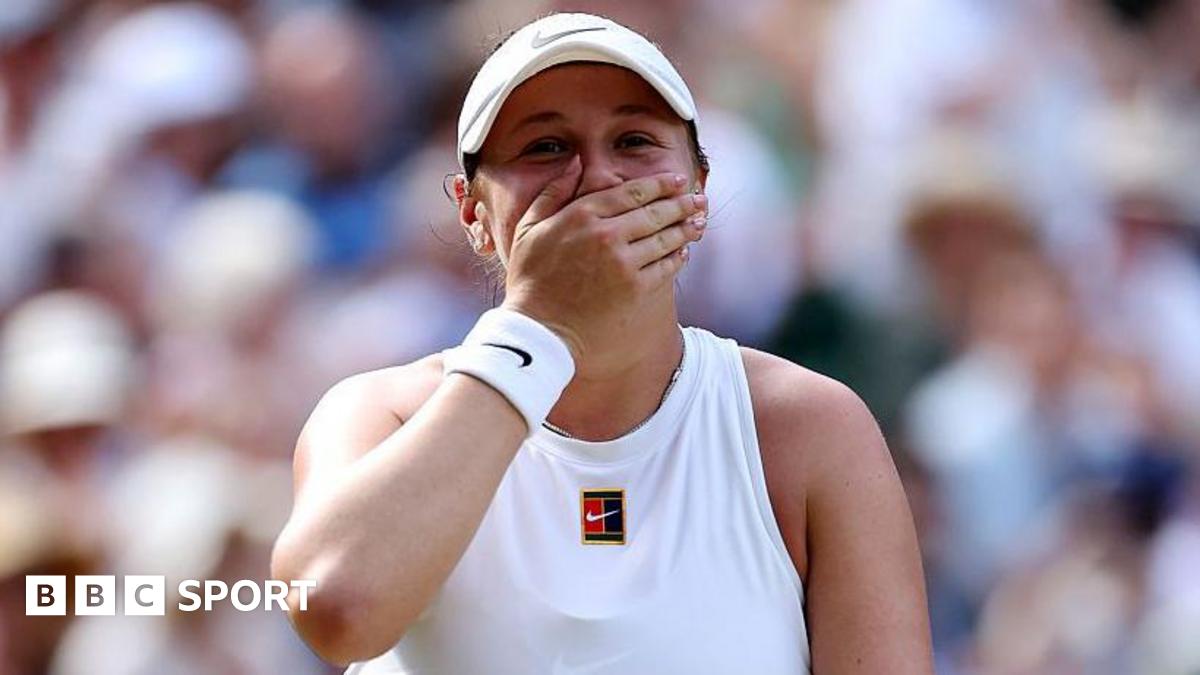


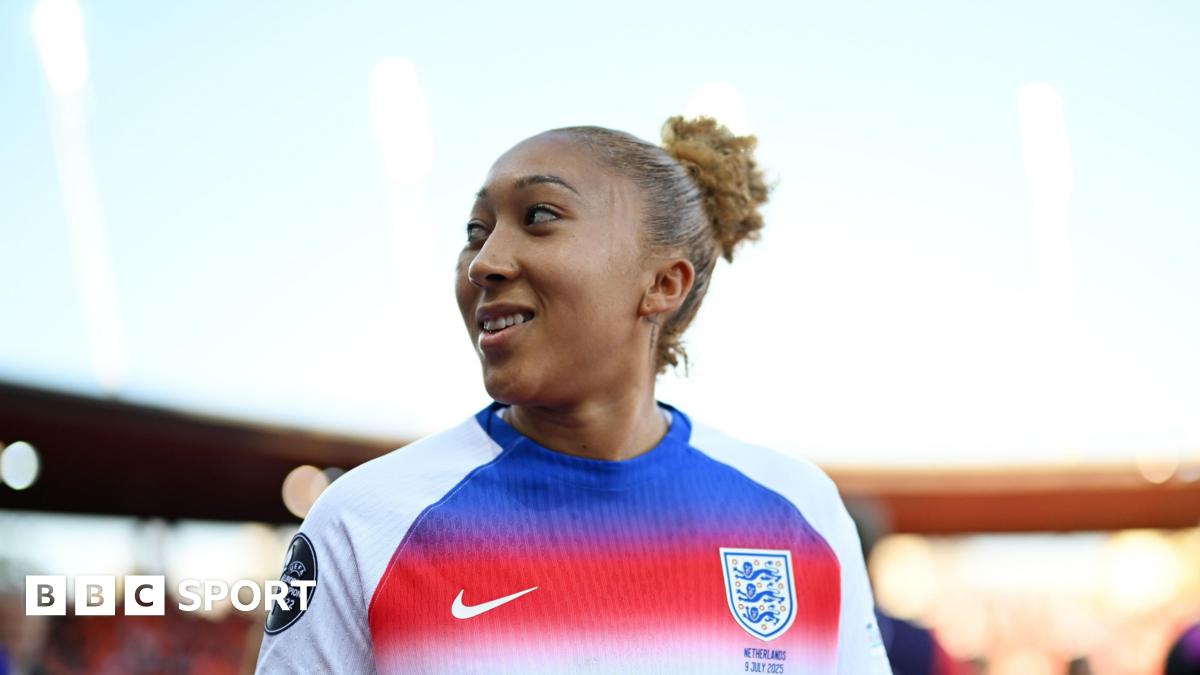


 English (US) ·
English (US) ·